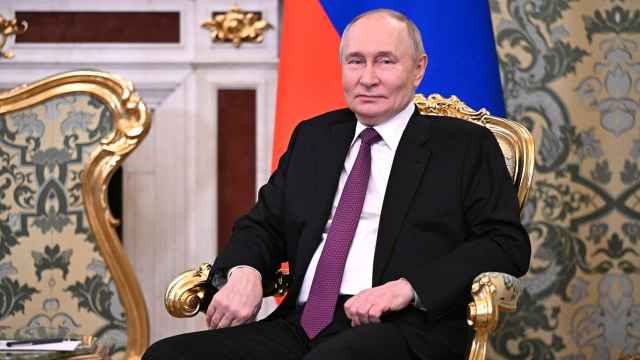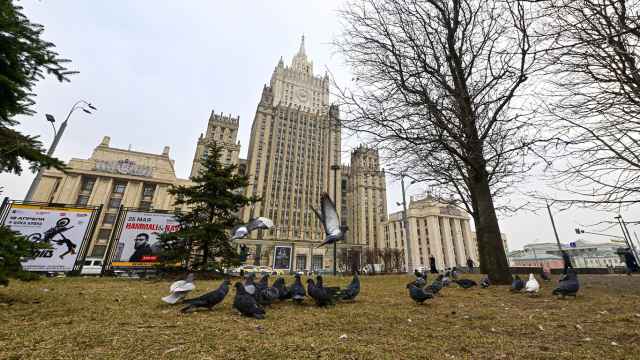The European Union and the Russian government announced the settlement Thursday of a long-running dispute about how airlines are charged for flights over Siberia.
"From Jan. 1, 2014, any charges EU airlines have to pay for flying over Russian territory will be cost-related and transparent. They will not discriminate between airlines," the EU said in an e-mailed statement.
The agreement contained in letters exchanged by Economic Development Minister Elvira Nabiullina and two European Commission officials will enter into force on Jan. 1, 2012, after the expected approval of Russia's WTO accession on Dec. 16.
The EU estimates that charges for flying over Siberia currently cost European airliners $320 million a year as part of a Cold War-era agreement meant to compensate state carrier Aeroflot for supposed lost business on the route.
The European statement did not mention the details of the agreement. Andrei Rozhkov, a transportation analyst at Metropol, said he believed the agreement was that existing European flights would cease to yield royalties in 2014, while new flights started in the intervening period would be exempt.
The European Commission has complained that the charges breach EU and international competition law, and even threatened legal action against EU member states that have agreed to pay them.
"For Aeroflot, it means that they will lose about $400 million a year starting from 2014, and that could make the company unprofitable in terms of net income," Rozhkov said.
An efficiency drive at the Russian flag carrier means that it could well maintain profitability in operating costs, however, he said.
A spokeswoman for the Economic Development Ministry asked for questions submitted by e-mail. The e-mail had not been answered by late Friday.
A Message from The Moscow Times:
Dear readers,
We are facing unprecedented challenges. Russia's Prosecutor General's Office has designated The Moscow Times as an "undesirable" organization, criminalizing our work and putting our staff at risk of prosecution. This follows our earlier unjust labeling as a "foreign agent."
These actions are direct attempts to silence independent journalism in Russia. The authorities claim our work "discredits the decisions of the Russian leadership." We see things differently: we strive to provide accurate, unbiased reporting on Russia.
We, the journalists of The Moscow Times, refuse to be silenced. But to continue our work, we need your help.
Your support, no matter how small, makes a world of difference. If you can, please support us monthly starting from just $2. It's quick to set up, and every contribution makes a significant impact.
By supporting The Moscow Times, you're defending open, independent journalism in the face of repression. Thank you for standing with us.
Remind me later.





